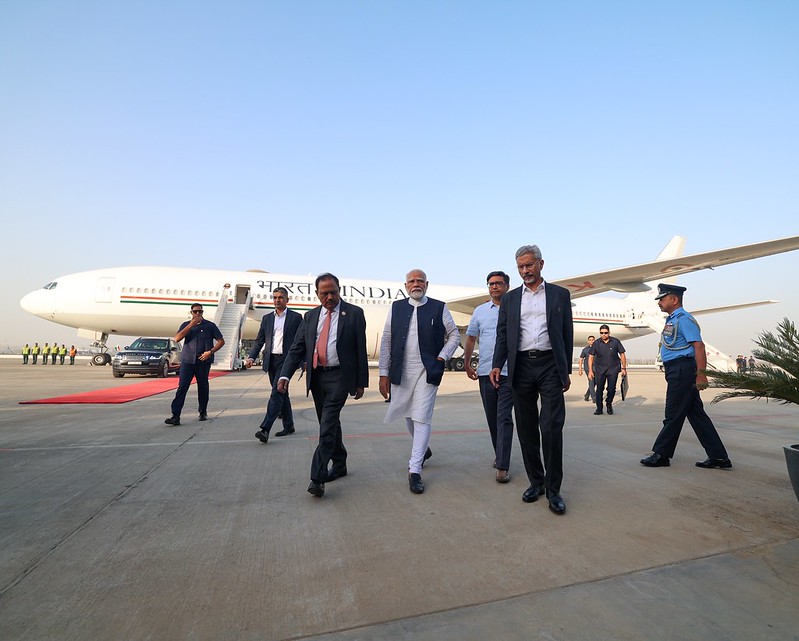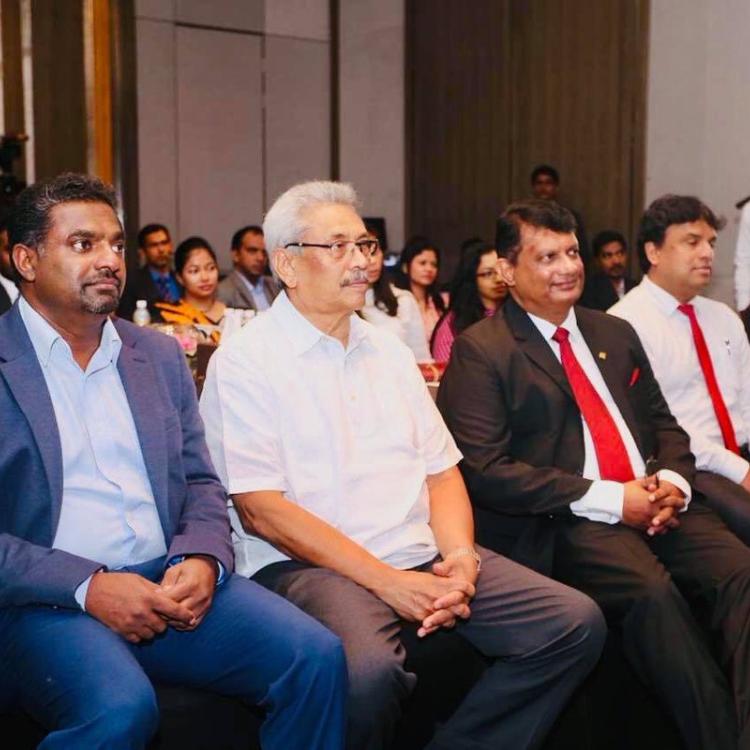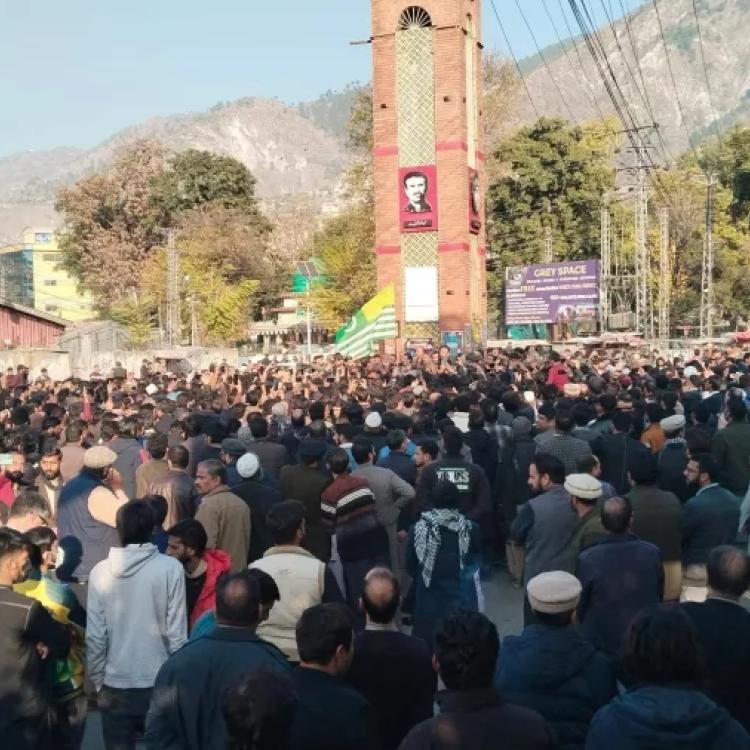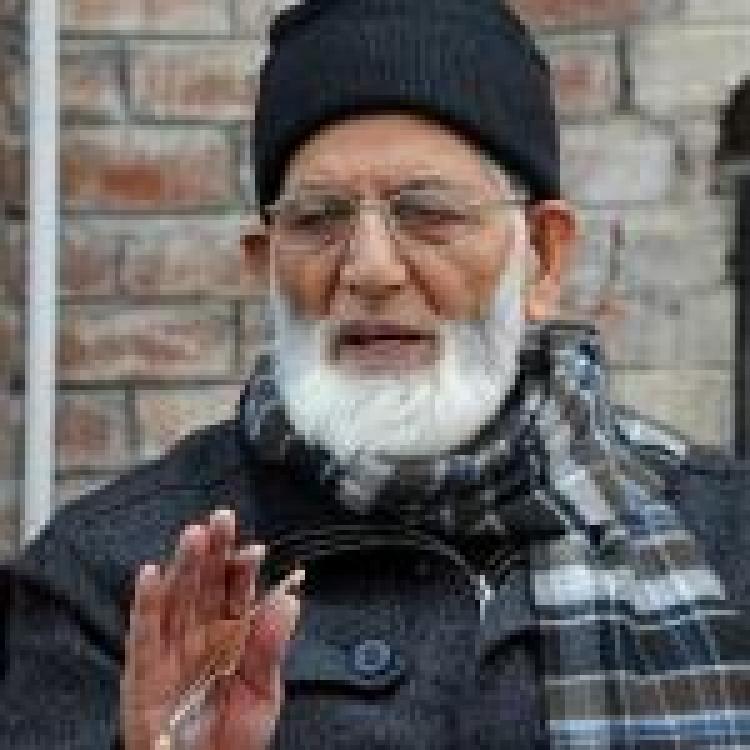
Tensions between India and Pakistan have escalated sharply following a deadly attack in Pahalgam, Indian-administered Jammu and Kashmir, on 22 April, which left at least 26 people dead.
It was one of the deadliest attacks in the region in decades.
The Resistance Front (TRF), a little-known armed group believed to be linked to the Pakistani-based Lashkar-e-Taiba, claimed responsibility for the attack. In a statement, the group alleged that those targeted were “not ordinary tourists,” but individuals “linked to and affiliated with Indian security agencies.” It added that it intended to step up its activities in the region, declaring the incident should “serve as a wake-up call not only for Delhi but also for those who support Delhi’s questionable strategies.”
The incident has triggered a series of retaliatory moves by New Delhi, which has accused Islamabad of playing a substantial role in the attack, despite presenting no public evidence of Pakistani state involvement.
Indian Prime Minister Narendra Modi condemned the violence, stating, “Those behind this heinous act will be brought to justice … they will not be spared.” Modi, who cut short a visit to Saudi Arabia in the wake of the killings, pledged all assistance to victims and their families.
India’s Defence Minister Rajnath Singh echoed this stance, saying India would not only go after the direct perpetrators but also “those who, sitting behind the scenes, have conspired to commit such nefarious acts on the soil of India.” Home Minister Amit Shah also travelled to Srinagar to meet with senior security officials, while the Foreign Secretary pledged an “unrelenting” pursuit of those responsible.
In response to the attack, India announced sweeping diplomatic and security measures:
- The Attari land border crossing has been closed with immediate effect.
- The 1960 Indus Waters Treaty has been suspended.
- Pakistani military advisers at the High Commission in New Delhi have been declared “persona non grata” and given a week to leave.
- India will withdraw its own military advisers from its High Commission in Islamabad.
- Pakistani nationals will no longer be permitted to travel to India under the SAARC visa exemption programme, with all previously issued visas now cancelled.
India has also launched a broad security crackdown across Jammu and Kashmir, with approximately 1,500 individuals detained as part of the investigation.
Islamabad has denied any involvement in the Pahalgam killings. Pakistan’s Foreign Minister Ishaq Dar called the Indian reaction “immature and hasty”, stating, “India has not given any evidence [of Pakistani involvement in the attack]. They have not shown any maturity in their response. This is not a serious approach.”
The Pakistani Foreign Ministry expressed condolences for the victims and noted concern over the loss of civilian lives. However, in a strongly worded statement following a meeting of its National Security Committee (NSC)—the country’s top civil-military body—Pakistan warned India that any disruption of its water supply under the Indus Waters Treaty would be considered “an act of war.” It added that Pakistan was prepared to respond “with full force across the complete spectrum of national power.”
Pakistan also announced the suspension of all bilateral agreements with India, including the 1972 Simla Agreement, a peace accord signed in the aftermath of the Bangladesh Liberation War.
The latest deterioration in relations comes as both nuclear-armed states continue to claim Kashmir in full but govern separate portions of the region. India’s unilateral revocation of Jammu and Kashmir’s special constitutional status in 2019, effectively stripping it of autonomy, has fuelled long-standing grievances and heightened tensions across the territory.
Opposition leader Rahul Gandhi criticised the Modi government’s response to the attack, calling for an end to what he described as “hollow claims” of normalcy in Kashmir since the 2019 constitutional changes.
Meanwhile, analysts warn that the diplomatic rupture and military posturing by both sides mark one of the most volatile moments in the India–Pakistan relationship in recent years.
Read more from Al Jazeera here.



